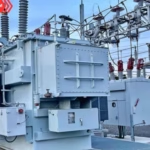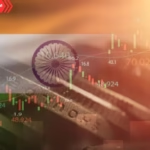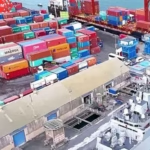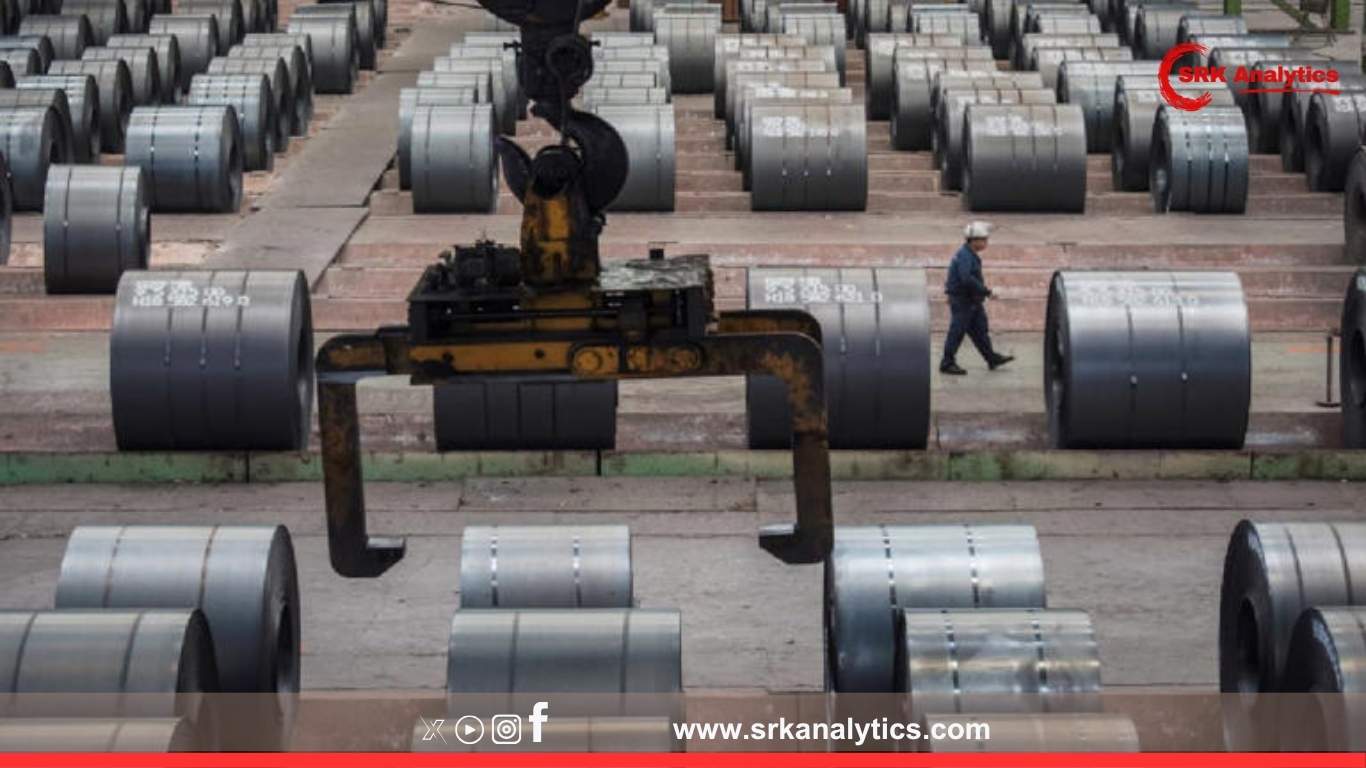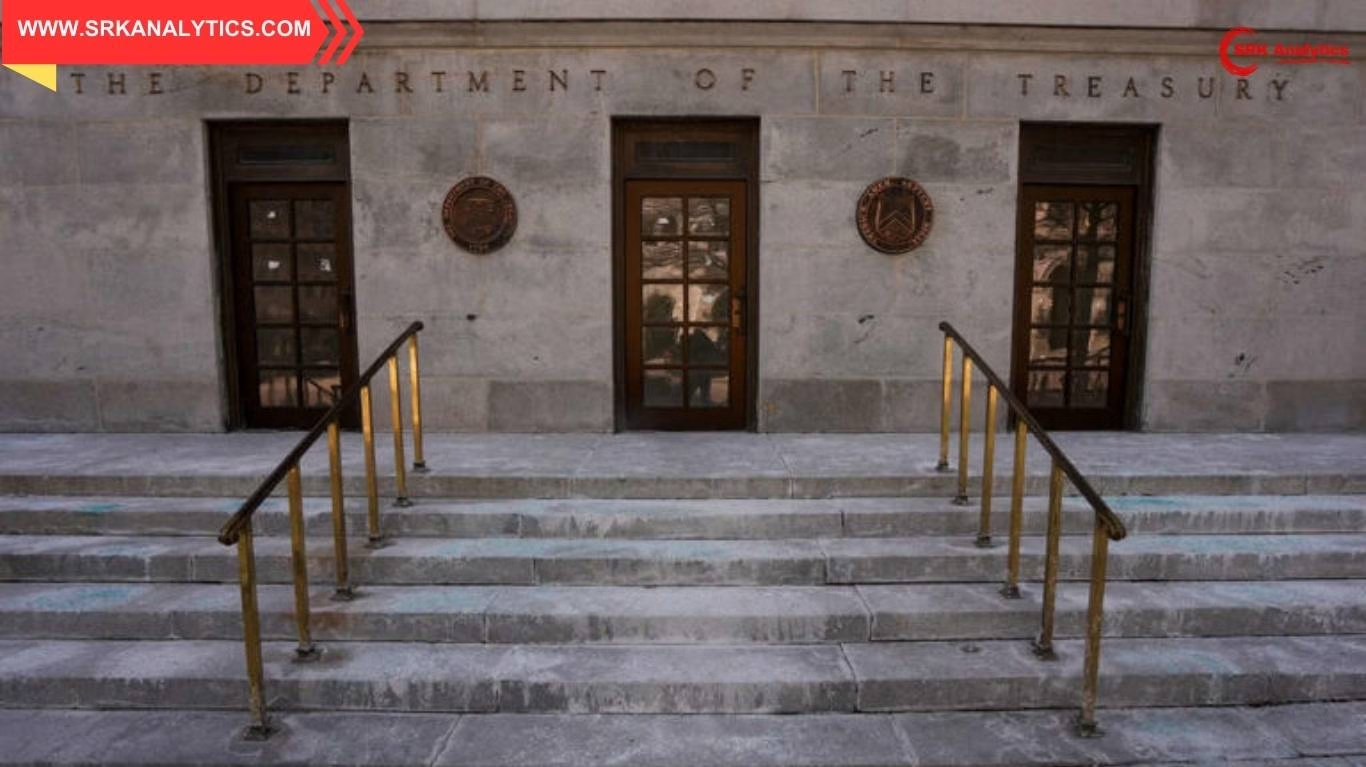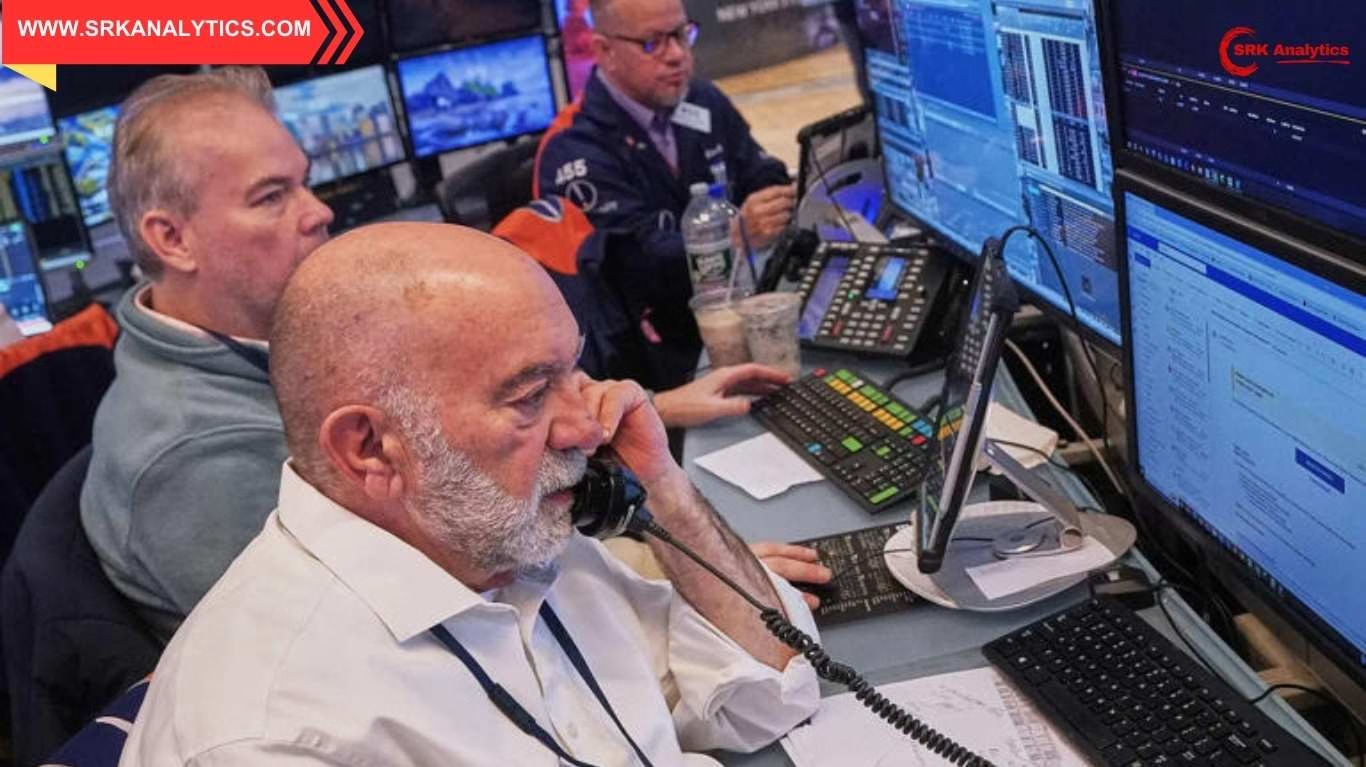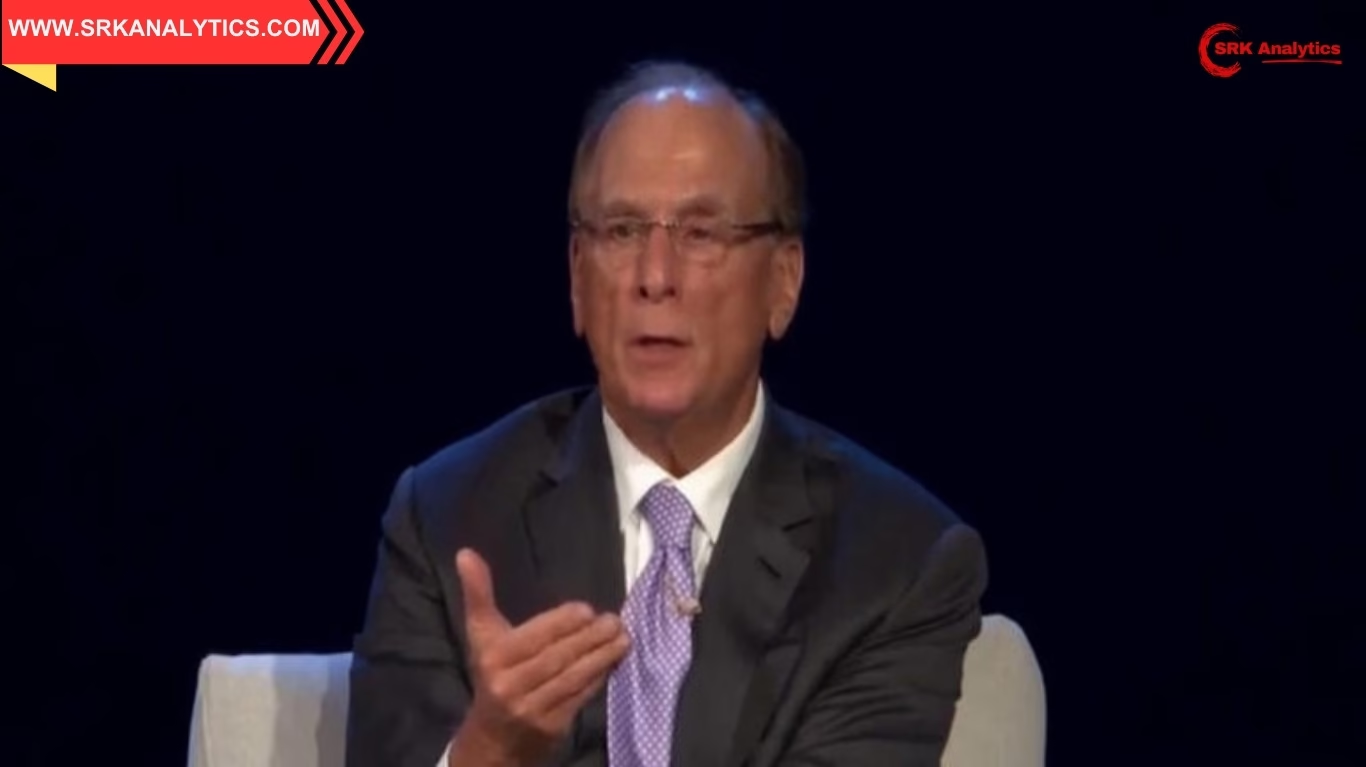In the wake of rising trade uncertainties under former US President Donald Trump’s proposed policies, Indian exporters are urging the government to fast-track a bilateral trade deal with Mexico to secure market access and supply chain stability for sectors vulnerable to tariff hikes. The call comes amid fears that if Trump returns to the White House, his administration could reinstate or enhance import tariffs on steel, aluminium, and auto components, directly impacting India’s outward shipments to North America.
Why India–Mexico trade ties matter now
Mexico has emerged as a crucial export destination for Indian engineering goods, automobiles, pharmaceuticals, and processed foods. According to industry estimates, bilateral trade between India and Mexico crossed USD 14.5 billion in FY24, with India maintaining a trade surplus. A preferential or free trade agreement is seen as a strategic move to:
- Offset tariff disadvantages in the US market
- Integrate more deeply with North American value chains under the USMCA framework
- Attract manufacturing investments from companies looking to diversify away from China
Exporters’ concerns over Trump’s proposed tariffs
Donald Trump recently stated that if re-elected, he would impose additional tariffs up to 10% across imports, with sector-specific hikes likely on steel, aluminium, and autos to protect American jobs. The US had earlier imposed a 25% tariff on steel and 10% on aluminium under Section 232 during his previous term, partially exempting Canada and Mexico due to the USMCA agreement.
Exporters fear:
- Steel and aluminium export erosion: Indian shipments face competitiveness issues if Mexico retains zero-duty access to the US while India remains under tariff barriers.
- Auto component supply chain disruption: India is a significant exporter of auto parts to Mexico, which assembles vehicles for re-export to the US. Without a bilateral agreement, Indian parts remain exposed to tariff cascading.
- Diversion of orders to USMCA signatories: Companies may shift sourcing to Mexico, Canada, or US domestic suppliers to avoid duties, hurting Indian manufacturers.
Industry appeal to the Commerce Ministry
The Engineering Export Promotion Council (EEPC), Automotive Component Manufacturers Association (ACMA), and Federation of Indian Export Organisations (FIEO) have made formal representations seeking:
- An early conclusion of a bilateral trade agreement or preferential trade pact with Mexico
- Reduction of tariff barriers on engineering goods, auto parts, chemicals, and textiles
- Mutual recognition of standards and certifications to ease compliance costs
“Mexico can be a gateway for Indian products to North America. A trade deal will ensure continued competitiveness if the US raises tariffs under the next administration,” said an industry official familiar with the discussions.
Potential benefits of an India–Mexico trade deal
| Sector | Current Exports To Mexico (USD million) | Potential Gains Post-FTA |
|---|---|---|
| Engineering goods | 2,300 | +20-25% due to duty reduction |
| Auto components | 1,800 | Integration into USMCA value chains |
| Pharmaceuticals | 800 | Faster regulatory clearance, wider market reach |
| Textiles & apparel | 600 | Competitive edge over Asian peers |
| Chemicals & dyes | 700 | Lowered tariffs to boost volumes |
Trade negotiations status
India and Mexico had earlier explored a Preferential Trade Agreement (PTA) under the India–Mexico High-Level Group on Trade, Investment, and Economic Cooperation, with discussions stalled due to Mexico’s focus on USMCA implementation. However, with Mexican President Andrés Manuel López Obrador keen to diversify trade partners beyond the US and Canada, Indian officials see renewed opportunity for fast-tracking negotiations.
Commerce Ministry sources indicated:
- Talks may resume in the second half of 2025 under the broader Latin America engagement strategy
- India is exploring rules of origin frameworks to ensure local value addition benefits
- Pharmaceuticals, automobiles, and engineering goods will be top priority sectors in negotiation chapters
Broader strategic and geopolitical relevance
The push for an India–Mexico trade pact comes as India seeks to deepen engagement with Latin America as part of its diversification from China-dependent supply chains and to counterbalance increasing US protectionism. Mexico, as the second-largest economy in Latin America and a key USMCA signatory, offers:
- Access to the world’s largest consumer market (US) via established supply chains
- Manufacturing relocation potential under ‘China+1’ strategies adopted by MNCs
- Partnerships in clean energy, electric vehicles, and semiconductor packaging under Mexico’s industrial transformation plans
Global parallels: How Vietnam and Thailand leveraged Mexican trade ties
Vietnam and Thailand have aggressively utilised their bilateral trade agreements with Mexico to funnel exports into the US market under favourable tariff structures. Indian exporters argue that replicating this model will protect them from sudden tariff shocks and enable market share expansion in high-growth sectors.
Risks if deal delays persist
Industry analysts warn that failure to seal a trade pact could result in:
- Erosion of India’s competitiveness in North America due to cumulative tariffs
- Investment diversion to Mexico by Indian firms seeking US market access through local manufacturing
- Supply chain reorientation towards USMCA members, bypassing Indian suppliers
Government’s approach
Commerce Minister Piyush Goyal recently met Mexican trade officials on the sidelines of BRICS+ summits, reaffirming India’s commitment to enhance trade and investment ties. Officials noted that the upcoming Foreign Trade Policy mid-term review will include Latin America prioritisation strategies.
Exporters’ suggested roadmap
- Conclude a PTA within the next 12-18 months covering engineering, automotive, textiles, and chemicals
- Align technical standards and certifications for hassle-free exports
- Encourage joint ventures in Mexico to cater to US and Canadian markets
- Build logistics and shipping connectivity through new bilateral maritime routes under SAGARMALA and PM Gati Shakti frameworks
Conclusion
As global trade dynamics undergo seismic shifts with protectionist policies resurfacing in major economies, India’s exporters are keen to insulate themselves through strategic trade deals. The India–Mexico pact is viewed as a crucial instrument to sustain growth in steel, auto, and engineering exports in a world of tariff unpredictability.
Whether the Indian government can fast-track negotiations in an election-heavy geopolitical calendar will determine if exporters can truly ride the Mexican wave to offset upcoming US trade barriers.
Disclaimer: This article is for informational purposes only. Readers are advised to verify policy updates, government announcements, and trade negotiation outcomes before drawing business or investment conclusions from this analysis.


